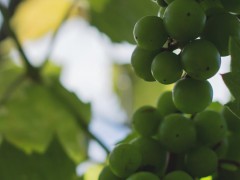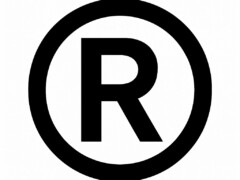I read this story a few days ago at the WSJ (link requires registration) and it piqued my interest. For non-subscribers, the Dallas-Forth Worth Star Telegram is also following the story and they have no pay-wall.
I always appreciate it when indie bottlers find a way to distinguish their product from ubiquitous colas. This latest Dr. Pepper kerfuffle reminded me of an older NYT article on the Mexican Coca Cola phenomenon. Mexican Coca Cola and Dublin Dr. Pepper both find niche market success by using cane sugar as their sweetener. Almost all other soft drinks are sweetened with high fructose corn syrup.
This allows the cane sugar bottlers to pull off a pretty cagey trick. In the supermarket aisle, their products look pretty much indistinguishable from the HFCS/mainstream/parent brand version. They can thus can piggy-back on the enormous customer goodwill generated by a century’s worth of branding and advertising. They then change a single ingredient in order to command the insane loyalties of regional aficionados, for whom extremist zealotry in pursuit of their chosen cola is no vice. This is meta-branding, and it is an excellent way for smaller bottlers to assert themselves in the market.
I will bet that if you took a good look at the balance sheet of the cane sugar splinter-factions, they are more probably more profitable – they can count on brand loyalists and the nut-cases who drive 3 hours round trip to load up their trunk at the bottling plant.
While I would hate to see this small bottler with limited resources slug it out with a beverage giant in court, I am eager to see how this type of licensing arrangement works. Trademark licensing is a tricky thing. Trademark law is just as much about preventing consumer confusion as it is protecting the property rights of the business owner. The law will uphold the trademark as long as the holder uses it on a product of consistent and uniform quality. Do the parent brands really allow the individual bottler to deviate from the “recipe”? How do you license out a trademark and maintain exclusive ownership of it when you leave a critical quality control variable up to the licensee?
The fanaticism of cane-sugar soft drink buyers is to me highly probative that an element of the public knows not all Dr. Peppers are the same. Certainly this means that the brand owner is condoning the use of its one trademark to be used on two products with two very distinct characteristics. The public understands that there are now two Dr. Peppers out there with the same label, but with ingredients they perceive to be completely different. This doublespeak may be good for business, but it cannot be good for the rights of the trademark holder.
I am curious to see how this battle shakes out. This will really be an interesting case if it ever gets to trial.















